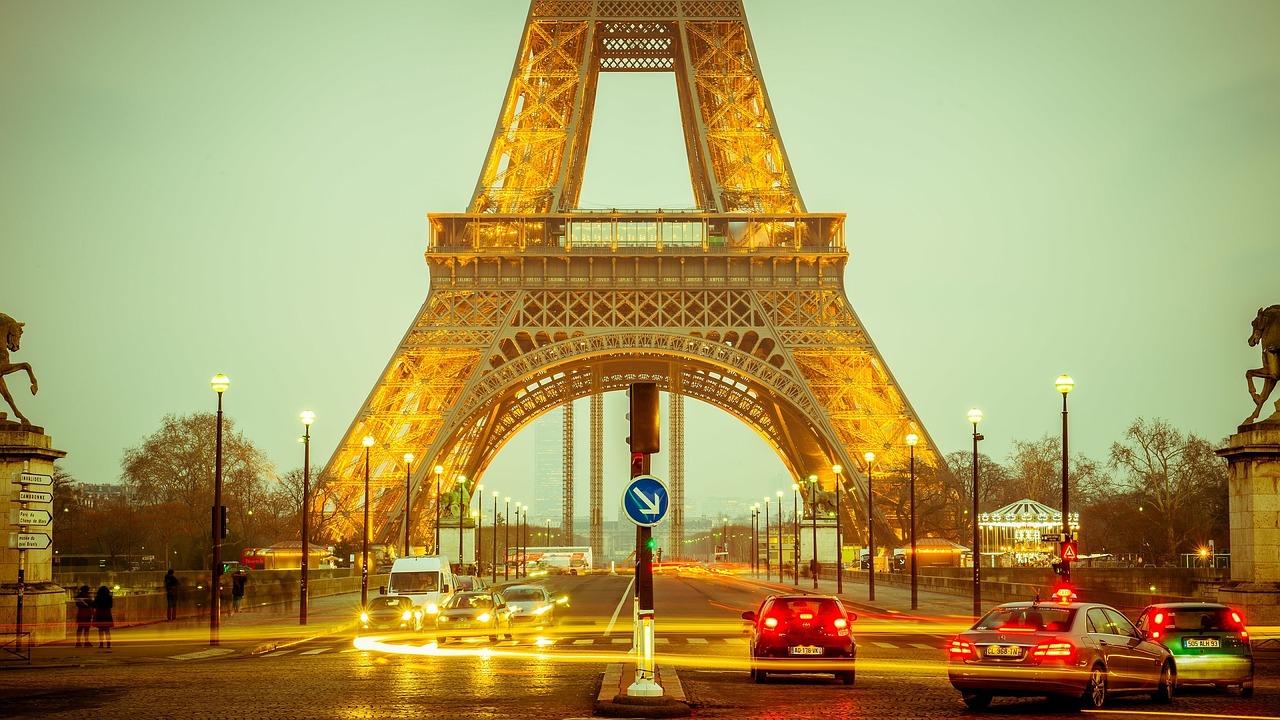The year is 2022 and France has elected a Muslim president.
This is the narrative shell of Submission, a controversial novel by Michel Houellebecq that arrives in Canada on Tuesday, about 10 months after it mangled sensibilities in France. Denounced as Islamophobic, lamented as a “gift” to the far right, the book earned an unsolicited testimonial from Prime Minster Manuel Valls, who declared: “France isn’t Michel Houellebecq. . . . It isn’t intolerance, hate, fear.”
In publishing, timing is crucial. But when Submission came out on Jan. 7, the scheduling proved more unfortunate than serendipitous. That morning, as Houellebecq did a radio interview to promote the book, two radical Islamist brothers stormed the offices of Charlie Hebdo and gunned down 12 people.
A caricature of Houellebecq was on the cover of the satirical magazine that day. The country’s most famous living author was depicted in a magician’s hat with stars and crescent moons. In two speech balloons, he predicted his own future like a half-soused Nostradamus: “In 2015, I’ll lose my teeth,” “In 2022, I’ll observe Ramadan.”
The image was a winking nod to Submission (Soumission, in French), to the polarizing author and his implausible notion the republic will be ruled by an Islamic political party seven years from now. In the haze of the massacre, amid roiling debates about assimilation and religious extremism, the cover also cemented Houellebecq’s reputation as a bête noir prone to that trinity of intolerance, hate, fear.
But as it turns out, Submission isn’t an assault on Islam at all.
It is an attack on liberal democracy. It is a search for meaning.
The book’s protagonist and narrator is François, a professor at the Sorbonne in his early 40s who specializes in the work of Joris-Karl Huysmans, the 19th-century novelist and catalyst in the Decadent movement.
François is emotionally stunted. He lives alone and has no friends. He beds nubile students, a different one each academic year, and has joyless sex with prostitutes. He is a misanthrope: “Humanity didn’t interest me — it disgusted me, actually.”
This other trinity — malaise, ennui, anomie — is not uncommon in French literature and cinema. François just wants to feel something, anything. The emptiness of his life is an albatross around his neck.
Then comes the election and François is yanked from his stupor.
There are allusions to violence in the streets, though Houellebecq never explains who is doing what and why. Maybe it’s the jihadists. Maybe it’s the nativists. Maybe it’s a collaboration. The menace is expressed in symbols: distant explosions, smoke rising in the sky, armed men roaming Paris at night.
The election has Marine Le Pen, of the right-wing National Front, ahead in the polls until the other parties form a coalition with the fictional Muslim Brotherhood and its charismatic leader, Mohammed Ben Abbes.
He wins and soon France is living under sharia law.
If Houellebecq had set out to ridicule and inflame, this would be the logical starting point. Instead, Ben Abbes is presented as a saviour of a country in terminal decline. The benefits of his policies are trumpeted and the costs are muted, as if in parentheses: unemployment plummets (because women leave the workforce); universities are flush with cash (because they are now funded by Saudi sheiks); teaching salaries triple (only for those who convert to Islam); marriage is on the rise (because polygamy is now legal); France is on track to become a superpower (because it is collaborating with Islamic groups in England, Holland and Germany, while expanding the European Union to include Algeria, Tunisia, Morocco, Lebanon and maybe even Egypt).
A geopolitical fever dream, to be sure. But within the borders of Houellebecq’s wild imagination, Islam is heralded as a kind of magical adhesive capable of regluing a society torn asunder by secular, post-Enlightenment values.
This is the opposite of Islamophobia. It is Islamanirvana.
Western civilization, with its material obsessions and smothering of religion, is in free fall. Say what you will about Islam, Houellebecq seems to be saying in his satire, but unlike François at least these people believe in something.
For an author who now requires round-the-clock police protection, for a man who was unsuccessfully sued after he called Islam “the dumbest religion,” Submission almost reads like a “well, you know, on second thought . . .”
Is Houellebecq having a Cat Stevens moment? Or underneath the mordant humour, behind the veil of this conversion parable, is his new target of scorn the craven mandarins in France and Europe who, from his jaundiced perspective, will gladly give up the controls of rudderless Western society if the price is right?
And if so, isn’t this what France deserves?
Houellebecq wrote Submission after the deaths of his parents, which caused him to question his own atheism. Just like his protagonist, it seems this lonely writer now wants to feel something, anything.






